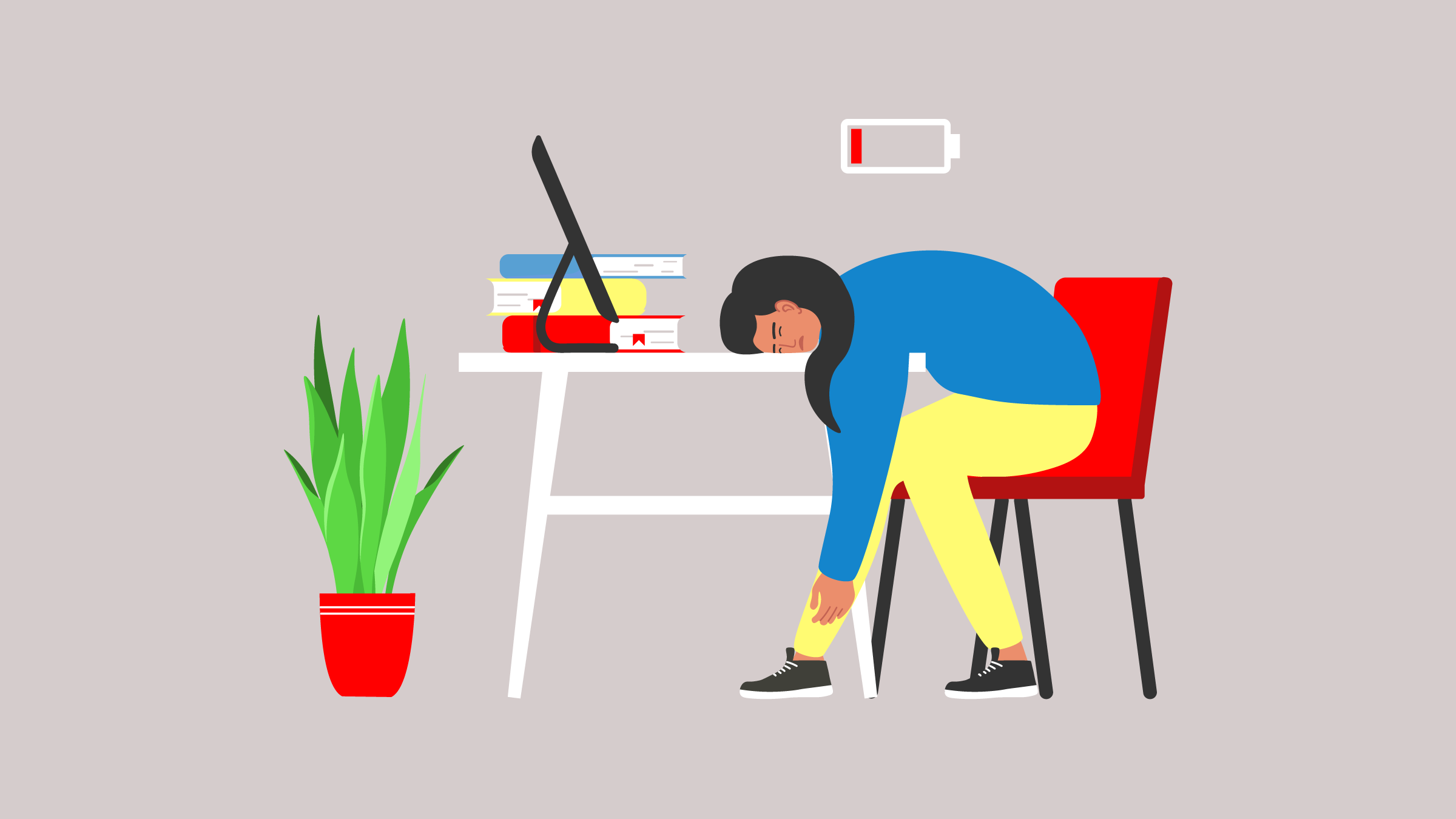[Content note: This post contains non-graphic discussion of mild pneumonia.]
By their very nature, dilemmas don’t offer a clear right answer. So this week, I’m turning the advice over to you.
I’ll be honest: this has been a challenging September. I’m feeling much better now, but I spent the first part of the month exhausted from pneumonia (and editing through it when I could). Things didn’t get any easier when the rest of my household caught it next.
Once I knew what was going on, I was able to manage client expectations in advance (and apologize to anyone whose messages I’d missed when I was ill). But in the first few days, I faced a conundrum that I’m sure every freelancer has encountered before.
Everyone handles these decisions differently.
What would you do?
The scenario: editing through illness
It’s Thursday. You have a small project due on Friday afternoon, and you should be able to complete the job today.
Suddenly, your physical and mental energy vanishes. Your temperature rises. It’s going to be a challenge to make it through the work day.
The choices
Rest first
You need to focus on taking care of yourself. You take time to rest and recuperate. Hopefully, this will help you feel more able to take on the work tomorrow.
Work first
You muster your strength and keep editing, even though it’s not the easiest. After all, you might feel worse tomorrow, and then you’ll be glad you don’t have to work.
A bit of both
You do some of the work, and then you get a little bit of rest. Hopefully tomorrow will be easier. If not, at least you’ll have less work waiting for you and you’ll be able to rest more when you’ve finished.
Request an extension
You write to the client and ask for an extension right away. If you don’t feel better tomorrow, you don’t want the delay to take the client by surprise.
This option comes with a bonus dilemma! You don’t want to inconvenience the client more than necessary, but you also don’t know how long you’ll be ill. How much of an extension do you request?
Other
Perhaps you have a different idea! Tell us in the comments.
What would you do?
Just as there’s no right answer, there’s no need to lock in your preference. This time, I went for the “bit of both” approach, and it served me well. The next time I’m under the weather, I might choose something different. (I also realize that the nuances of balancing work and illness may differ when it comes to a temporary minor illness, a short-term serious illness and chronic illness.)
Either way, it can help to consider what options are on the table.
What would you do — or what have you done — in the scenario above?
Stay safe, readers, and have a happy autumn!
___
Previous post from Laura Bontje: Trello for Editors: Three Ways to Make It Your Own
The Editors’ Weekly is the official blog of Editors Canada. Contact us.
Discover more from The Editors' Weekly
Subscribe to get the latest posts sent to your email.
